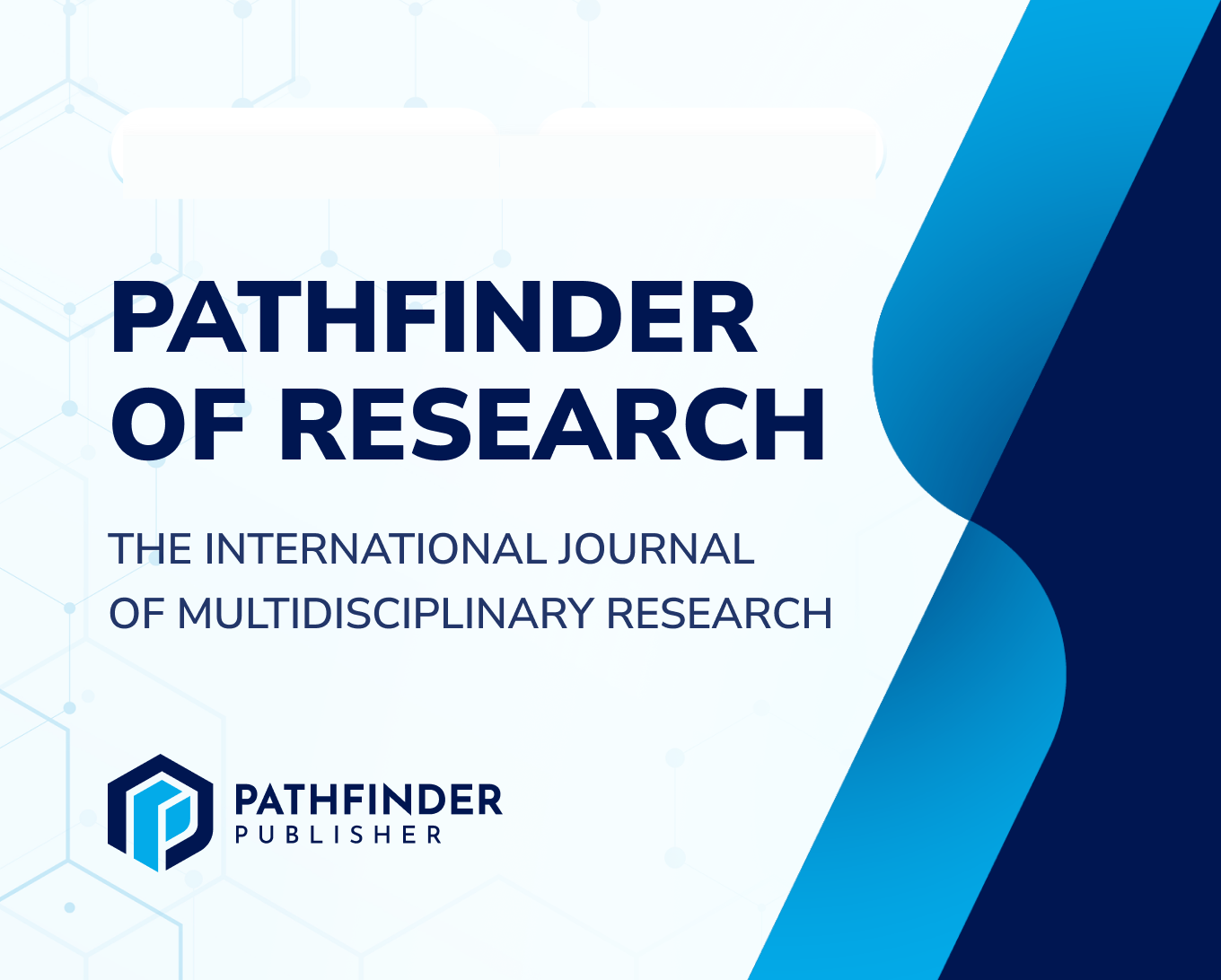AI-Driven Renewable Energy Transitions for Suitable Agriculture and Rural Development: Socio-Economic, Technical, and Policy Perspectives
DOI:
https://doi.org/10.69937/pf.por.3.2.54Keywords:
Artificial Intelligence (AI), Renewable Energy, Agrovoltaics, Rural Development, Sustainable AgricultureAbstract
The integration of artificial intelligence (AI) with renewable energy systems presents a robust strategy for enhancing agricultural output and fostering rural development. With the increasing worldwide need for food and the issues faced by agricultural systems, such as resource scarcity, labor shortages, and erratic climate conditions, AI-driven solutions provide unique tools for enhanced energy management, resource allocation, and decision-making processes. Principal uses encompass smart irrigation, which enhances water efficiency; predictive analytics that anticipate yields or market trends; and pest and nutrient management systems that assist farmers in sustaining healthy crops. Agrovoltaic systems that integrate energy generation with agriculture are gaining popularity. These technologies boost efficiency and sustainability while generating new income streams and improving rural livelihoods. Yet, the integration of AI in the sectors of renewable energy and agriculture presents certain hurdles. Substantial obstacles must be surmounted, including elevated initial investment expenses, disparities in internet accessibility, regulatory challenges, ethical dilemmas, and opposition to novel technology. To effectively address these concerns, it is imperative to establish adaptive policies, cultivate public-private partnerships, involve communities, and invest in capacity-building projects that promote equal access and inclusive growth. This study highlights the complex socio-economic, technological, and policy aspects of AI-driven transformations in renewable energy. It underscores the imperative for ethical governance, data openness, and the empowerment of local populations. Through the cultivation of an inclusive, sustainable, and resilient energy ecosystem, AI can profoundly alter agricultural landscapes, promote environmental stewardship, and empower rural people to adequately address the increasing global needs for food and energy.



